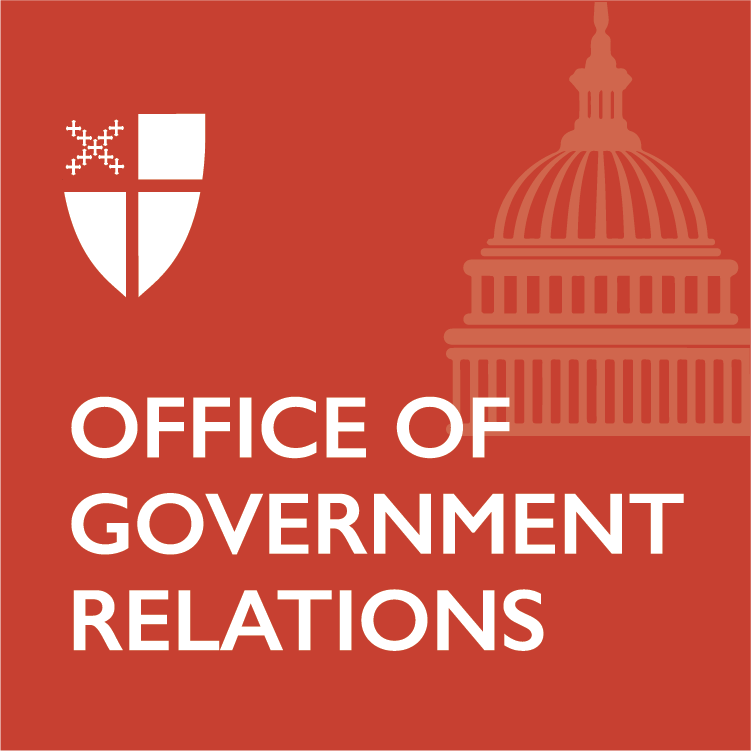This introduction begins a series of articles addressing different parts of the enviro-political movement and how we, as the Office of Government Relations and Episcopalians engaged in advocacy, have been charged to tackle some of the issues facing our environment through better policy.
When we are surrounded by the abundance and wealth of the natural world, in awe of all that God has given us, we must also recognize that humans have changed earth cycles, surface, creatures and climate. As Christians, we are called to be stewards of creation as a way of respecting our God, its creator. Through the General Convention, The Episcopal Church has remained committed to addressing environmental issues through policy, charging the Office of Government Relations to take on significant issues pertaining to energy reform and environmental justice.
In addressing these topics through policy, success is co-dependent on our recognition that many of the adverse effects of our current energy system disproportionately affect minority populations in the United States and those in the global south. Recent policy introductions have been bold and compelling, proposing fundamental changes in the U.S. energy system and addressing the environmental and social implications of our economic reliance on fossil fuels.
In order to make an impact at the magnitude required to slow the damage humans are doing, action is required on a larger scale than what we can achieve on our own. Sound policy can make the large-scale impact required. In the weeks to come, we will share educational pieces that outline evolving policy, from various proposals on carbon pricing to focusing on renewable energy. We will also provide an action item to add to your efforts, for while it is important to minimize your individual environmental impact, we must also make sure we collectively take care of our natural resources that our lives depend on.
This series will also highlight some ways to address social disparities from environmental racism to the just transitions of communities affected by decline of the fossil fuel industry. Justice is a crucial part of the Church’s environmental mission, and integral components to international conversations to address environmental degradation. Justice is a critical aspect for our reflection because the challenges we face have no clear or easy answers. Faster transition to renewable energy will leave millions in the fossil fuel industry unemployed. There are many different proposals for how and when a price on carbon would achieve its goals, and just what that goal should be is also debated. Restoring wetlands can help reduce the impact of extreme storms, but in recent decades communities have been built on those wetlands.
While the questions and challenges surrounding a changing climate are truly global, and generally more severe in the global south and in island nations, this series will focus on domestic U.S. policies. Our hope is that this series, however limited, will help spur a movement for greater study, reflection and conversation across the Church.
The series that follows each Thursday for the rest of the summer is neither a comprehensive list of all issues, nor is it a full explanation of each individual issue. Join us each week to learn more about our call to seek holistic set of policies to solve our environmental crisis.
Creation Care Prayer
God, maker of marvels,
you weave the planet and all its creatures together in kinship;
your unifying love is revealed
in the interdependence of relationships
in the complex world that you have made.
Save us from the illusion that humankind is separate and alone,
and join us in communion with all inhabitants of the universe;
through Jesus Christ, our Redeemer,
who topples the dividing walls by the power of your Holy Spirit,
and who loves and reigns with you, for ever and ever. Amen.
-Liturgical Materials for Honoring God in Creation
Reported to the 78th General Convention
Additional Resources
Don’t miss the Creation Care homepage filled with more opportunities for individual and collective action and learning.
Check out the Policy for Action document that has summaries of Episcopal Church resolutions on the environment from before General Convention 2018. We’re working with The Archives of the Episcopal Church to update this resource with resolutions from General Convention 2018.
Read the rest of the EPPN Creation Care series here.
